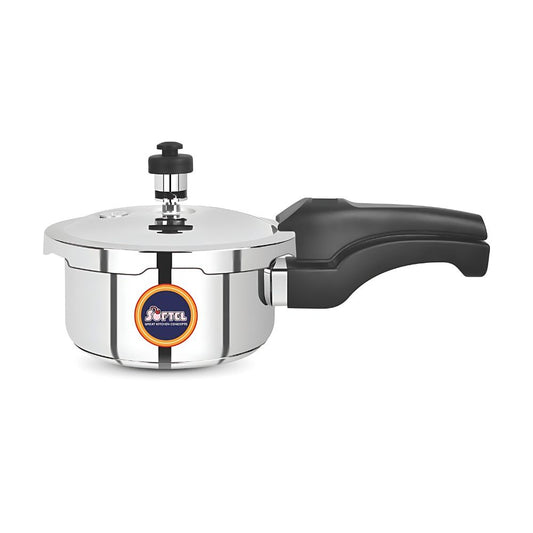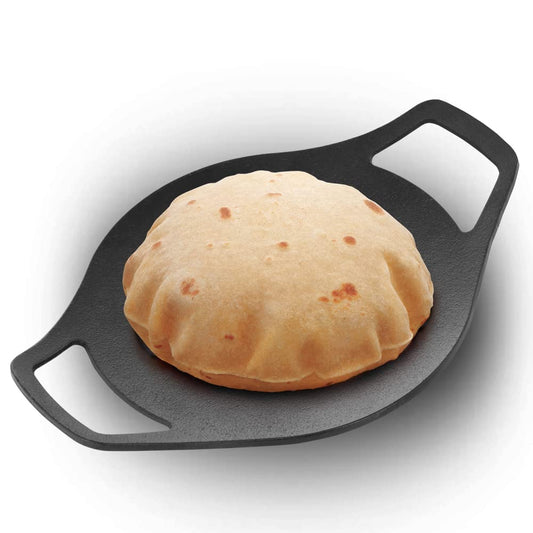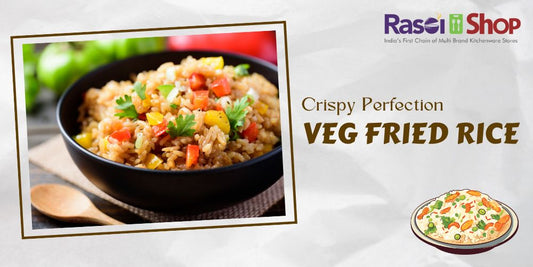Whole wheat flour is a popular and nutritious alternative to refined flour in the world of baking and cooking. Derived from the entire wheat kernel, it contains the bran, germ, and endosperm, making it a more wholesome and nutrient-dense option. In this blog post, we will delve into the nutritional benefits and culinary versatility of whole wheat flour, highlighting its role in promoting a healthier lifestyle.
- Nutritional Benefits of Whole Wheat Flour: Whole wheat flour offers a range of nutritional benefits that set it apart from refined flour. It is a good source of dietary fiber, providing more fiber than its refined counterpart. This fiber content aids digestion, helps maintain a healthy weight, and promotes overall gut health. Whole wheat flour is also rich in essential vitamins and minerals such as B vitamins, iron, zinc, and magnesium, which contribute to a well-balanced diet.
- Health Benefits of Whole Wheat Flour: Incorporating whole wheat flour into your diet can have numerous health benefits. The high fiber content helps regulate blood sugar levels, making it an excellent choice for individuals with diabetes or those aiming to maintain stable energy levels throughout the day. The fiber in whole wheat flour also aids in reducing cholesterol levels and lowering the risk of heart disease. Moreover, the presence of antioxidants in whole wheat flour provides added protection against chronic diseases.
- Culinary Versatility of Whole Wheat Flour: Whole wheat flour is not limited to just traditional baked goods; it can be used in a wide variety of culinary creations. From bread and muffins to pancakes and cookies, whole wheat flour can be substituted for refined flour in most recipes. Its slightly nutty and robust flavor adds depth to baked goods, making them more flavorful and satisfying. Experimenting with whole wheat flour in different recipes opens up a whole new world of healthy and delicious possibilities.
- Tips for Baking with Whole Wheat Flour: When using whole wheat flour in baking, it's important to keep a few things in mind to ensure the best results. Firstly, due to its higher fiber content, whole wheat flour absorbs more moisture than refined flour. Adjusting the liquid ratio in recipes might be necessary to achieve the desired consistency. Additionally, using a combination of whole wheat and all-purpose flour can help maintain a lighter texture in some baked goods. Finally, it's recommended to store whole wheat flour in a cool, dark place or the refrigerator to prevent it from going rancid.
- Exploring Whole Wheat Flour Recipes: Embrace the versatility of whole wheat flour by trying out a variety of recipes. From whole wheat bread and pizza dough to whole wheat pancakes and waffles, there are numerous options to explore. Incorporating whole wheat flour into homemade granola bars, muffins, and cookies adds a nutritious twist to these classic treats. Don't be afraid to get creative and experiment with different flavors and combinations to discover your favorite whole wheat flour recipes.
Whole wheat flour is a nutritious and versatile ingredient that can transform your baking and cooking endeavors. With its rich fiber content and array of vitamins and minerals, it offers significant health benefits while adding depth and flavor to a variety of recipes. By embracing whole wheat flour in your culinary adventures, you can enjoy delicious creations that nourish your body and promote overall well-being. So, grab a bag of whole wheat flour, get into the kitchen, and embark on a journey of wholesome and delectable cooking.





